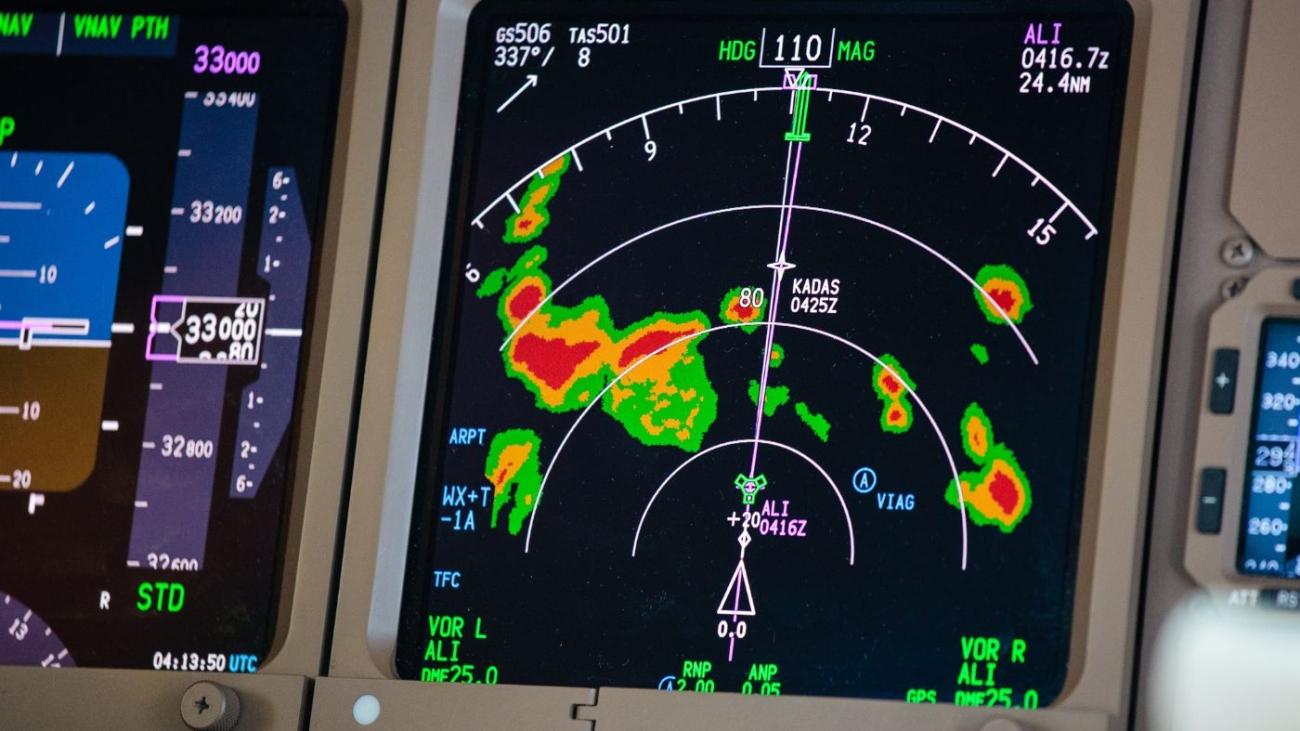Today’s battlefield is different from the past while the character of future war and warfare continues to evolve fast under the influence of technology. Nations have forced a focus on breakthrough technologies and applications as well as combinations of new technologies to prepare for future warfare and to build a future-ready force.
Since intelligent machines and human-machine collaboration can act as a force multiplier, new avenues are being constantly explored to develop efficient warfare systems to gain and strengthen technological competitiveness and superiority. Of these, air dominance and air superiority are crucial. Control of the air is said to be a necessary precondition for control of the surface which can ensure success in modern military operations.
Autonomous systems
From its efforts to leverage artificial intelligence (AI) and machine learning (ML) potential for autonomous systems to developing cyber secure and cloud-based tools, the Department of Air Force has been exploring new technologies to gain new capabilities.
Skyborg, one of the Vanguard programs of the Department of the Air Force, is an autonomous aircraft teaming architecture which aims to replace some expensive fighter jets with more affordable unmanned aerial vehicles (UAVs) acting as unmanned wingmen or unmanned flying teammates.
In the words of Matt Duquette, an AFRL engineer: ‘Skyborg is a vessel for AI technologies that could range from rather simple algorithms to fly the aircraft and control them in airspace to the introduction of more complicated levels of AI to accomplish certain tasks or subtasks of the mission.’
The Department of the Air Force’s four Vanguard programs: Golden Horde, Navigation Technology Satellite 3 (NTS-3), Skyborg and Rocket Cargo will advance emerging weapon systems and warfighting concepts through prototyping and experimentation.
The AI Accelerator
Because of its proven transformative power, AI is becoming a focus of choice for the Department of Air Force (DAF). One example of this increasing interest in AI is the creation of an Artificial Intelligence Accelerator under a cooperative agreement with the Massachusetts Institute of Technology (MIT). The mission of the AI Accelerator is to “create a state-of-the-art, end-to-end, sustainable pipeline for Artificial Intelligence technology to give the United States a competitive advantage in the defense and civilian sectors.


AI’s potential to enhance personalized learning experiences could revolutionize education.